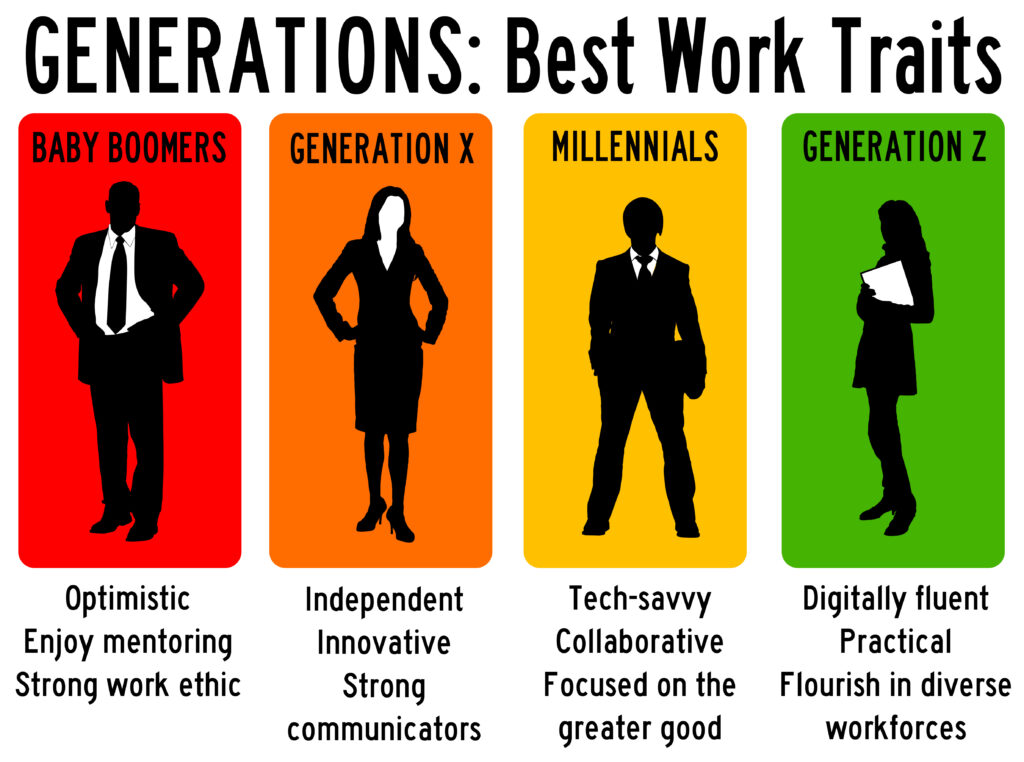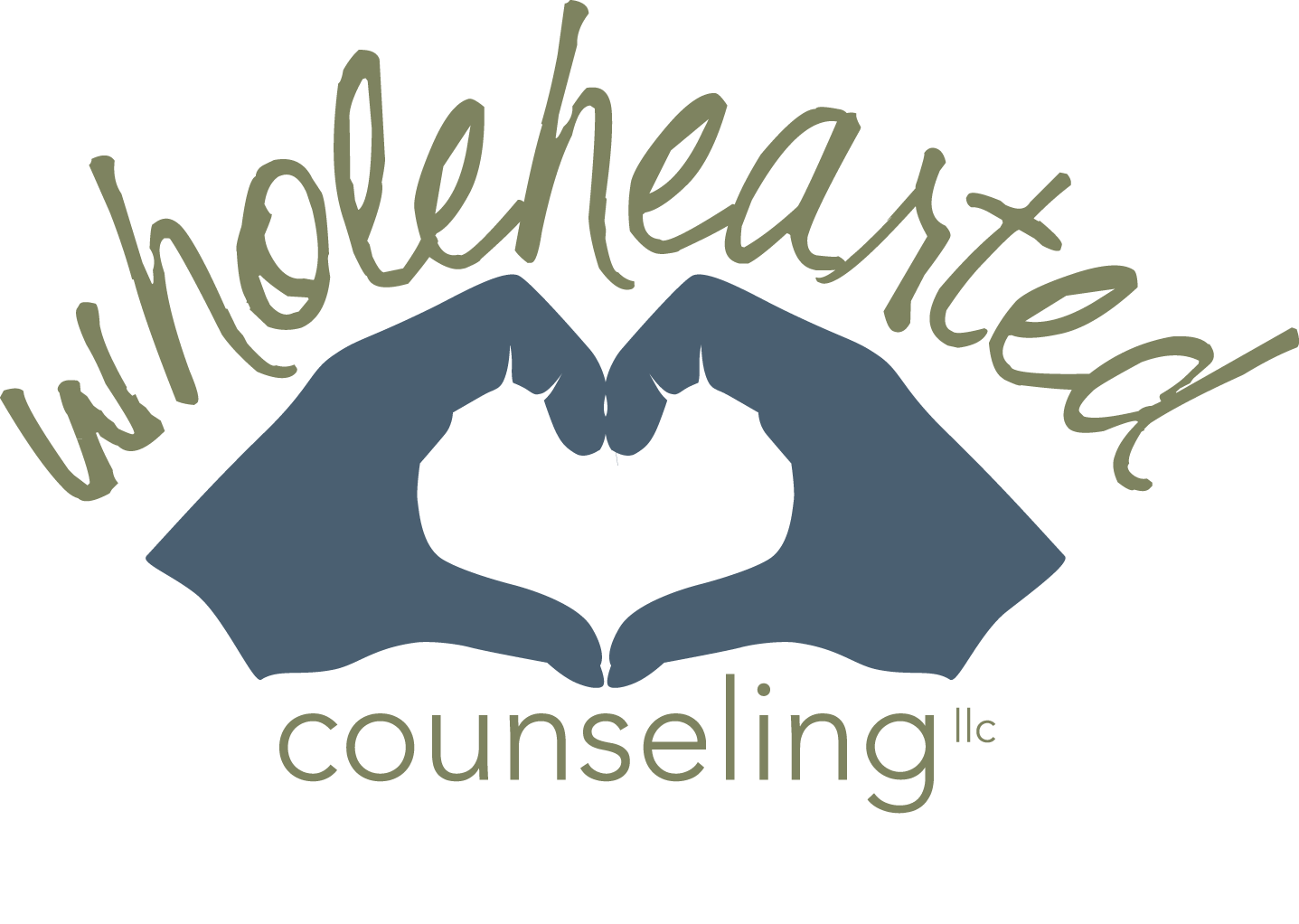Today’s blog is about expanding relationships to include multiple generations. These can be work, friends or family relationships.
You might be asking yourself why is it important to have relationships with generations before or after your own. Take a minute to think about who you know and why you know them. Do these people live with or near you? Work with you? Or perhaps do you interact with them in different ways or in different places? Are they your same age? Same religion?
Psychology Today wrote “that a lack of social connection is a greater detriment to our health then smoking, obesity and high blood pressure.” It is hard to imagine that as if the answer to prevention or curing this “detriment to our health” is reaching out and adding a relationship or two to our lives… it seems worth it.
The population that suffers from the largest lack of social connection is older adults. AARP reports that loneliness is an epidemic among the elderly and how 35% of people over 45 say they are lonely. That is almost 50 MILLION people.
As each new generation is born its priorities and focus changes. It is our social responsibility as human beings to recognize that no matter what generation we identify with or represent we are ALL aging! We all will eventually be older. This doesn’t mean that one is any less successful or mean that a person has become broken or useless.
Every generation of people have something to add to the world around them! Below is a great representation of each generations best work traits. Every project or career comes with its challenges you never know what someone can contribute.

Lindsey Pollak, author of Becoming the Boss: New Rules for the Next Generation of Leaders says, “The most successful people will be those who can communicate with Traditionalists, Baby Boomers, Gen X-ers, Millennials and the up-and-coming Gen Zs. Members of the different generations tend to think differently about issues such as work-life integration, entrepreneurship, people management, marketing, social media and more.”
Multiple generations can also be helpful at home. Many families see each other at special times of the year however living under one roof families can develop strong relationships and closeness. Both younger and older generations can benefit from the loving and healthy atmosphere of support and community.
Two ways to impact this damaging health issue from continuing in the next generation is to:
#1 Get curious and seek out connection with family, friends or someone new.
#2 Be intentional. Even if you don’t have a lot of time you can be very purposeful in thought, word and action.









